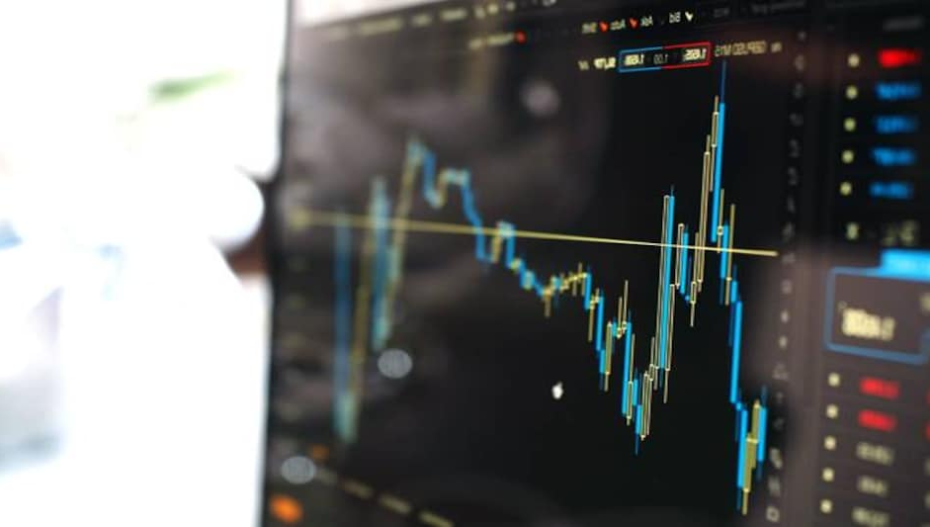India’s benchmark indices fell nearly 1% on Friday in a volatile trading session, capping their worst weekly performance in over two years. The downturn was triggered by escalating tensions in the Middle East, prompting global investors to seek safer havens and raising concerns over potential oil price hikes.
The markets also faced pressure due to worries that foreign portfolio investors (FPIs) might withdraw funds from India to invest in China, where valuations appear more attractive.
Both Sensex and Nifty plummeted approximately 4.5% for the week – the most significant decline since June 2022. Falling for the fifth consecutive session, Sensex dropped 1%, or 809 points, to close at 81,689. The Nifty also fell by 0.9%, or 236 points, ending at 25,015. Both indices tumbled over 2% from their intraday highs.
The total market capitalisation of BSE-listed companies decreased by Rs. 4.2 trillion to Rs. 461 trillion. This week’s rout has erased over Rs. 16 trillion from India’s market capitalisation. India VIX, a measure of market volatility, rose 7.3% to 14.1.
In contrast, Hong Kong’s Hang Seng index surged 10.2%, and the Shanghai Composite Index rose 8.1% this week, bolstered by aggressive stimulus measures from the Chinese central government to boost its economy.
The escalating conflict between Israel and Iran has left investors concerned about its impact on crude oil prices. Crude oil imports constitute a significant portion of India’s import bills.
Tensions between Israel and Iran’s proxies in Lebanon, Gaza and Yemen have been simmering for some time, but Iran’s direct missile attack on Israel this week has stoked fears of the situation escalating into a full-scale conflict.
Some analysts suggest that if Israel were to launch a serious offensive against Iran’s oil facilities, it could remove 1.5 million barrels of daily supply from the market. Investors are also worried that Iran might block the Strait of Hormuz, a critical sea trading route through which more than a third of the global crude oil supply passes. Brent crude has risen 11.6% in the last six sessions and was trading at $79.1 per barrel.
Andrew Holland, CEO of Avendus Capital Public Market Alternate Strategies, commented, “Depending on Israel’s actions, the global fear is that they might target Iran’s oil assets, and if Iran retaliates by blocking key sea routes, the cumulative effect could see oil prices soaring to $100 a barrel. This affects inflation globally, and India would be disproportionately impacted due to our import bill.”
The market breadth was weak, with 2,387 stocks declining and 1,563 advancing. HDFC Bank and Reliance Industries (RIL), both falling 1.5%, were the largest contributors to the Sensex’s losses. RIL, India’s most valuable firm, has declined over 9% in the past week.
Vinod Nair, head of research at Geojit Financial Services, stated, “The market pessimism is expected to persist in the near term amidst rising crude prices and fund flows to cheaper markets like China.”
FPIs were net sellers of Rs. 9,897 crore on Friday, while domestic institutions bought shares worth Rs. 8,905 crore. For the week, FPIs were net sellers of equities worth Rs. 37,088 crore, while domestic institutions bought shares worth Rs. 33,074 crore. On a five-day rolling basis, FPI selling is at its highest level in 24 years.
Also Read: RSS Has a Role in the Tussle Over J.P. Nadda’s Successor













